The arrival of Google’s newest Pixel phones has somewhat put things into perspective, at least in terms of what Android is capable of. After all, the Pixel line pretty much serves as Google’s template as to how Android should look and feel, with a combination of hardware and software features that set it apart from rival brands.
In the case of the Pixel 8, Google introduces some cool new features while managing to keep things familiar for fans. Now while it is smaller and loses out on some exclusives that are found on the more expensive Pixel 8 Pro, there’s still a lot that Google manages to get right with its base model flagship phone – let’s take a look.
Pixel 8 Specs
- 6.2-INCH OLED “Actua” Display, 1080 x 2400 pixel resolution
- 120HZ, 2000 nits (peak)
- Gorilla Glass Victus (front & back), aluminum frame
- Google Tensor G3 Chipset
- 8GB RAM, 128/256GB storage options
- 50MP main camera/12MP ultrawide camera
- 10.5MP ultrawide front camera
- Android 14
- 4575 mAh battery capacity, 27W wired charging
Design and Display
![]()
On the outside, the Pixel 8 keeps a lot of similarities to its predecessor – Google has decided to stick to the same design found on the Pixel 7, with Gorilla Glass panels surrounded by an aluminum frame that melds into the camera bar into the back of the phone. There are some changes this time around though, such as the more rounded corners and smaller display size, which makes the Pixel 8 a lot more pocket-friendly.
![]()
This compact design wraps around a 6.2-inch screen which Google calls an “Actua” display, and comes with some major upgrades over previous generations of Pixels. For one, it’s a lot smoother thanks to a 120Hz refresh rate, and it’s a lot brighter this time around, with a peak brightness of up to 2000 nits. Based on my usage, the fingerprint scanner is a lot more responsive as well, even with a screen protector on.
The Pixel 8 also comes with IP68 certification, which means it’ll generally be safe from accidental splashes and dust. We wouldn’t recommend taking it scuba diving or dunking it into a pool, however. Overall though it’s a pretty solid device, and there’s not much to complain about here.
Performance and Software
![]()
For this year, Google made sure to highlight the new Pixel 8’s new Tensor G3 chip and its AI capabilities, which work together to give it an edge over competing Android phones, especially older Pixel devices.
With that being said however, the Tensor G3 chip is by no means a performance champion – and I’m not just saying this because of all the benchmark scores that we’ve been seeing online. Sure, it’ll be able to run most games on the Play Store, but I wouldn’t recommend running more graphically-intensive titles like Genshin Impact on it, as it still tends to get warm with extended gaming sessions.
![]()
Where the Pixel 8 shines though is in seamless day-to-day operations. Multi-tasking, navigating through the user interface, scrolling through my social feeds was very much a smooth experience, and it’s safe to say that Google has nailed the essentials of what makes a smartphone, well, “smart.” I’ve never struggled with app restarts, force-closures and freezing so far. Connectivity on the Pixel 8 has been excellent as well. My unit hasn’t experienced any signal drops so far, and wireless connections like Wifi and data connectivity have remained consistent.
As for software, the phone comes with Android 14 which I think has helped a lot in terms of power efficiency and battery life, which we’ll talk more about later. Right now though, the highlight of Google’s annual software update are the newly-baked AI features which are focused on giving users a richer photography and imaging experience.
![]()
For one, the newly-introduced Magic Editor is a pretty interesting way to get people into photo editing. It’s not as robust or feature-packed like proper photo editing software, but it’s amazing how Google has developed its AI software into giving users a fresh approach to how they want to edit their images.
It’s not perfect however, as results might be hit or miss depending on the quality of your source file. The same can be said for Best Take, which took me a number of tries before getting it to work properly. Given that these are fairly new features that are mostly processed using the cloud, there’s definitely still room for improvement, although it’s undeniably been an impressive feature so far.
Camera Quality
![]()
Unlike its more expensive sibling with a triple-array of cameras, the Pixel 8 comes with a dual setup consisting of a main wide sensor and an additional ultra-wide lens. Google’s focus on making point-and-shoot photography easily accessible for smartphone users carries over to the Pixel 8, although it does miss out on some camera features versus the 8 Pro, like the Pro camera controls which are absent on the base model.
With that said, camera quality is on point, and the Pixel 8 can capture great looking images. If you’ve ever used a Pixel smartphone before, then photos on the Pixel 8 will look very similar, although the main sensor at the back does allow for better exposure and detail in photos compared to predecessors. We actually have several camera tests and comparisons which you can check out here on our channel.
Photos can sometimes appear less sharp on the ultrawide lens, although images overall manage to look good, especially when compared to the Pixel 6 and 7. The same can be said for the front camera, which does a great job with point-and-shoot photography.
For videos, the Pixel 8 can shoot at a maximum of 4K at 60 fps, and it features different video modes such as slow motion, time lapse, and even cinematic mode which Google has now renamed to blur. Videos tend to look good, although details suffer a bit at times.
Battery Endurance
![]()
As for battery endurance, I do think that the combination of Tensor G3 and Android 14 has yielded some satisfying results so far. I’ve been able to get a decent amount of screen on-time on the Pixel 8 which revolves around 5.6 hours, and generally charge once per day usually in the morning.
Compared to my experience with the Pixel 7, it’s safe to say that the Pixel 8 can definitely keep up with my daily usage. Of course, data usage, GPS navigation, constant camera use, and a constant high screen brightness will definitely drain the battery a lot faster.
Should You Upgrade?
![]()
At a price of $699, is the Pixel 8 worth upgrading to, especially for Pixel users on older devices? There’s no doubt that the improvements to the phone’s display quality, AI capabilities and overall performance are promising, and Google’s promise of seven years of software updates is a pretty great reason to pick up the Pixel 8, especially if you’re looking for an Android phone to keep you company for the next several years.
On the other hand, users who are after a smartphone with a focus on performance and gaming might want to look elsewhere, as the Tensor G3 still has some catching up to do with chips like the Snapdragon 8 Gen 2 and Apple’s A17 Bionic. It’s not a terribly slow chip per se, but it’s clear that Google’s focus with the Pixel 8 leans more towards moderate use, with a focus on getting users what they need in terms of everyday use.
Note: this article may contain affiliate links that help support our authors and keep the Phandroid servers running.







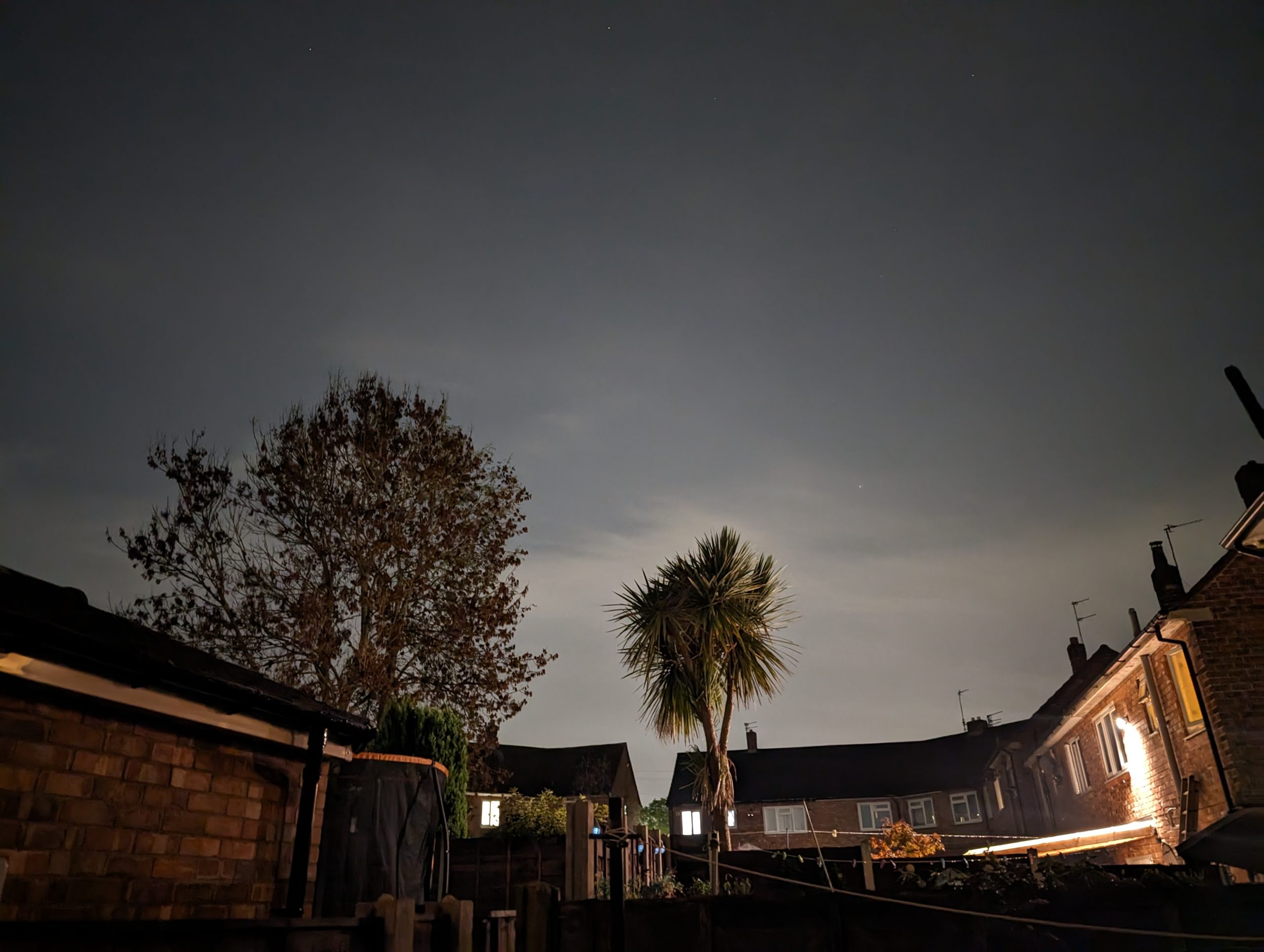
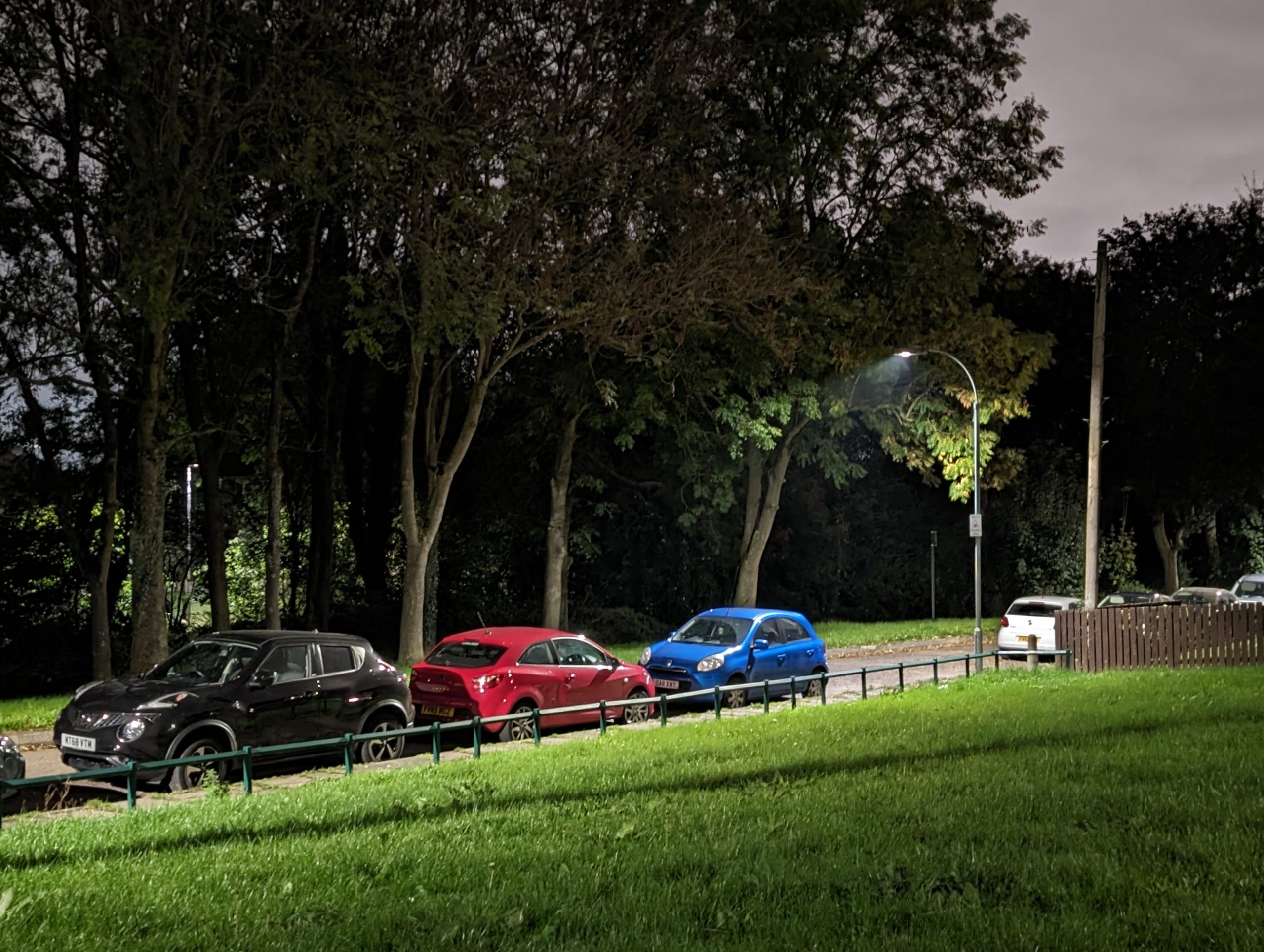


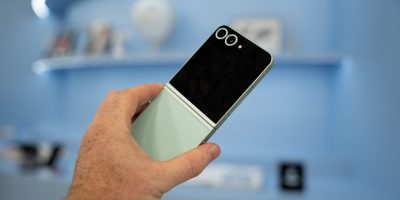
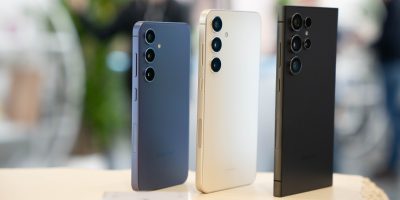
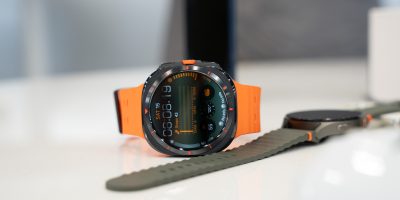


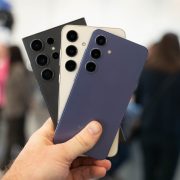

Comments